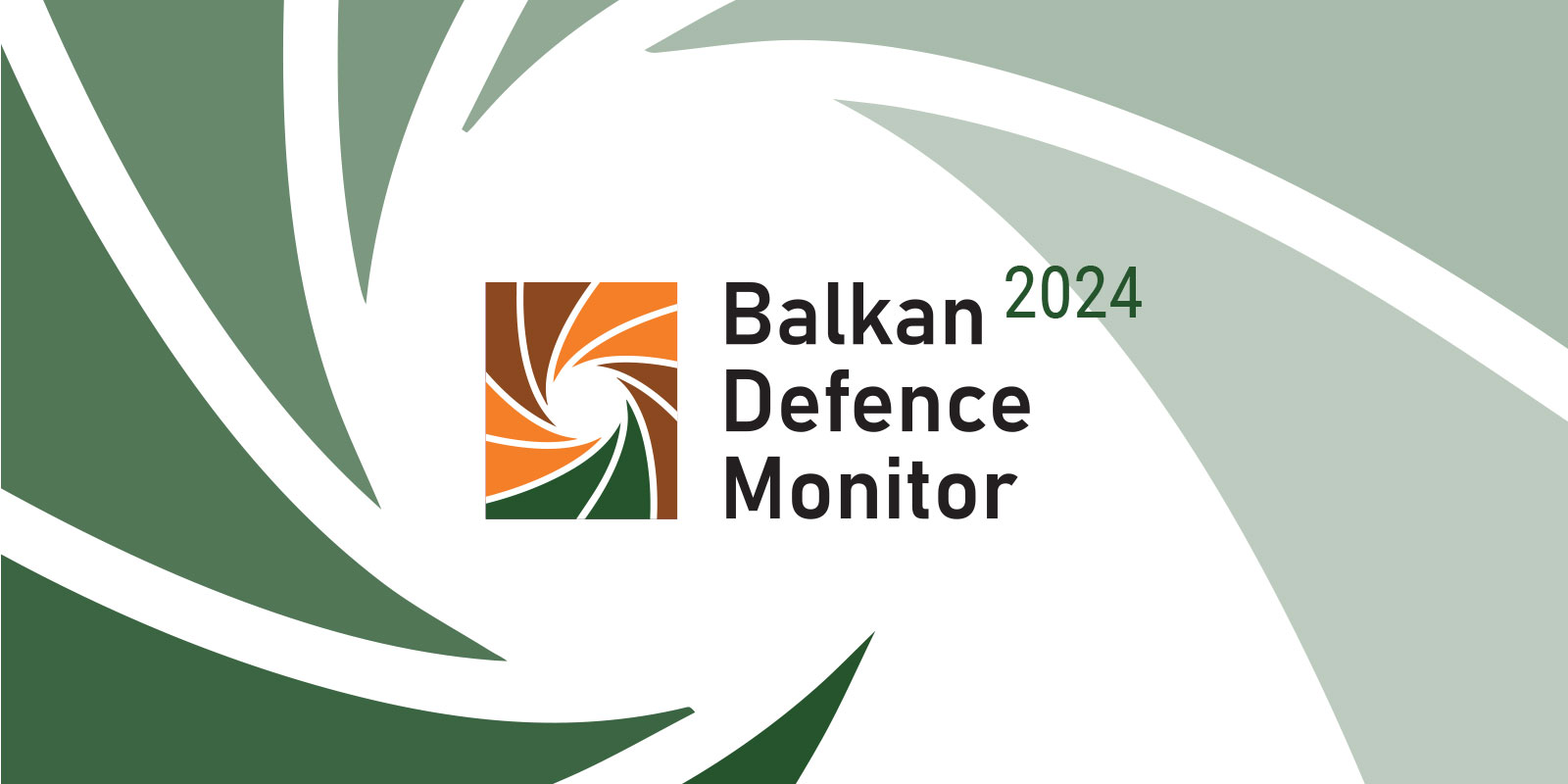PUBLICATION: Analysis
The Lie Detector and the Stories about It: Narrative of the Fight against Organised Crime in the Function of Capturing the State
How the narrative of the fight against organised crime is used to capture the state? Find out in the latest BCSP analysis.
The objective of this report is to analyze the narrative of the fight against organised crime, i.e., the story the authorities are offering the public concerning this topic, for the purpose of establishing how it is used to capture the state. More precisely, the analysis attempts to explain how the polygraph was abused during the declared war on mafia to suspend judicial institutions, ‘cleanse’ some in the eyes of the public or criminalise others outside the statutory criminal procedure, and to identify the consequences of this approach to fighting organised crime.
The so-called war on mafia officially began on 19 October 2020, when the President of Serbia used his Instagram profile to announce the final showdown between the state and organised crime. Set forth after a series of unsolved murders that had taken place on the streets of Serbian cities – characterised by experts mostly as mafia-style terminations – it initially looked like a marketing move that preceded the constitution of a new Government. Such understanding was supported by the fact that this was not the first time that government officials declared war on organised criminal groups. Former Minister of the Interior [MoI] declared a similar war almost four years earlier, under similar circumstances.
One hero particularly stood out in this war. It was the lie detector, the omnipotent polygraph, used extensively in the previous months as the supreme arbiter of truth. Instead of lengthy court proceedings, complex investigations and obtaining evidence acceptable to the court, the polygraph was used by the highest state officials as a simple tool to directly prove to the citizens whether someone was telling the truth or lying, and to unmistakably determine guilt or innocence. Trials were replaced by media performances involving debates on who passed the lie detector test and who refused to take it, while politicians kept offering to be subjected to it or calling each other out for not doing the same thing, all in the name of the alleged fight against organised crime.
The analysis was financially supported by the National Endowment for Democracy (NED). The Belgrade Centre for Security Policy is solely responsible for the content.
Tags: organized crime, State capture
DETAILS
AUTHORS
SHARE
PDF PREVIEW
RELATED

Date: 26.03.2025.
Author: Isidora Stakić |
Human rights defenders are people who act, individually or jointly, to advance human rights and fundamental freedoms and fight for their protection at the local, national and international levels.

Date: 13.06.2024.
Author: Jelena Pejić Nikić | Predrag Petrović |
There are many findings of domestic and foreign research organisations that unequivocally indicate that Serbia is a captured state, with a hybrid political regime. Security institutions play a major role in the capture of the state and the collapse of democracy in Serbia, as well as in preserving the situation the way it is.

Date: 27.02.2024.
Author: Belgrade Centre for Security Policy |
We present you the new Balkan Defence Monitor - independent and comprehensive source of information regarding defence topics in the region.





